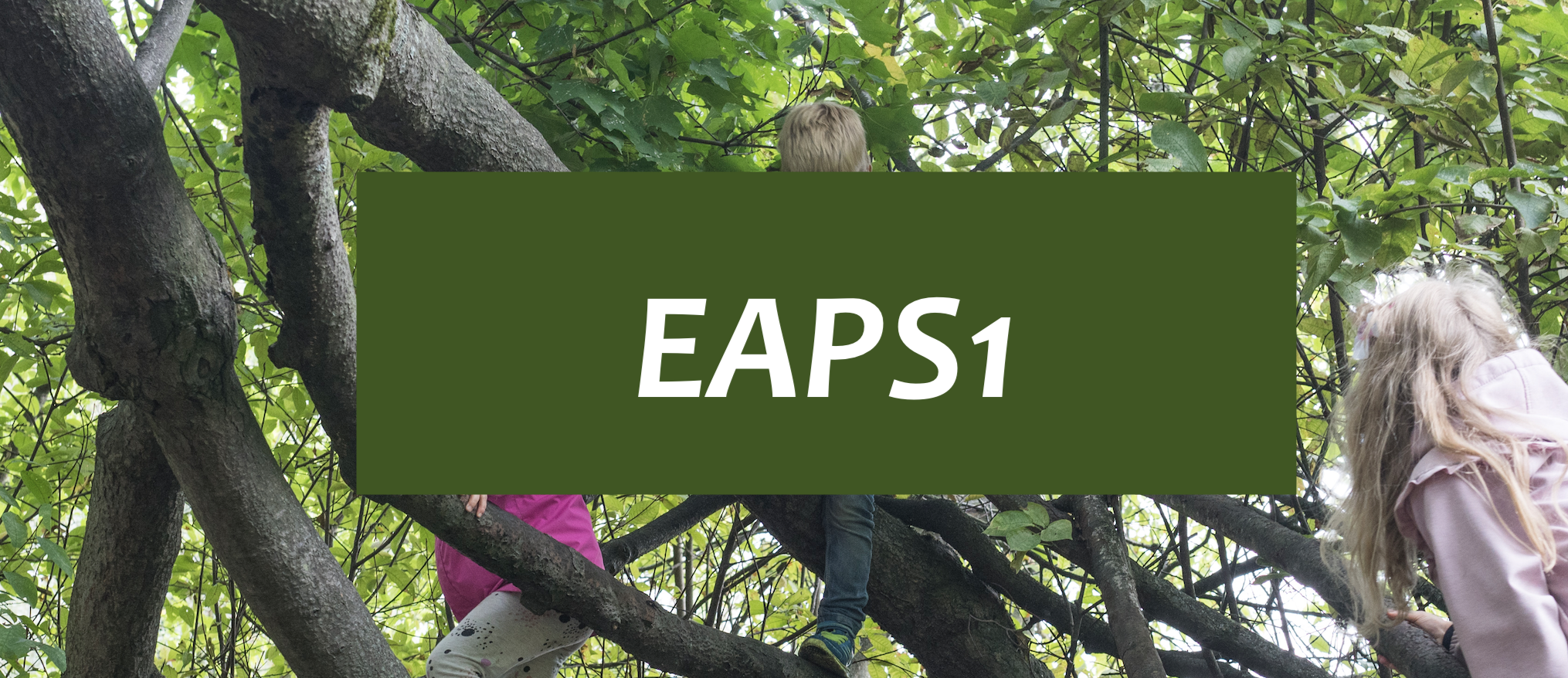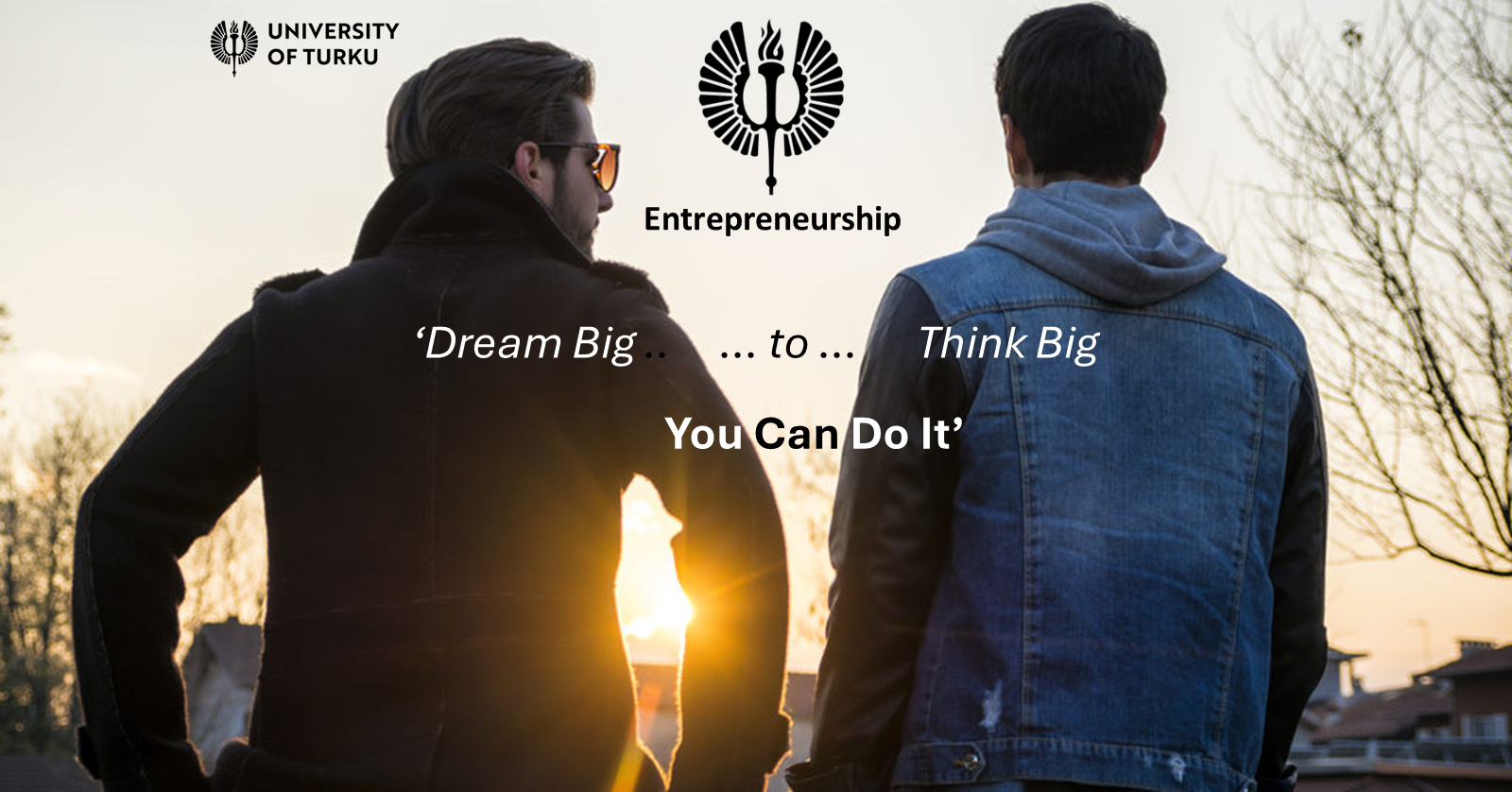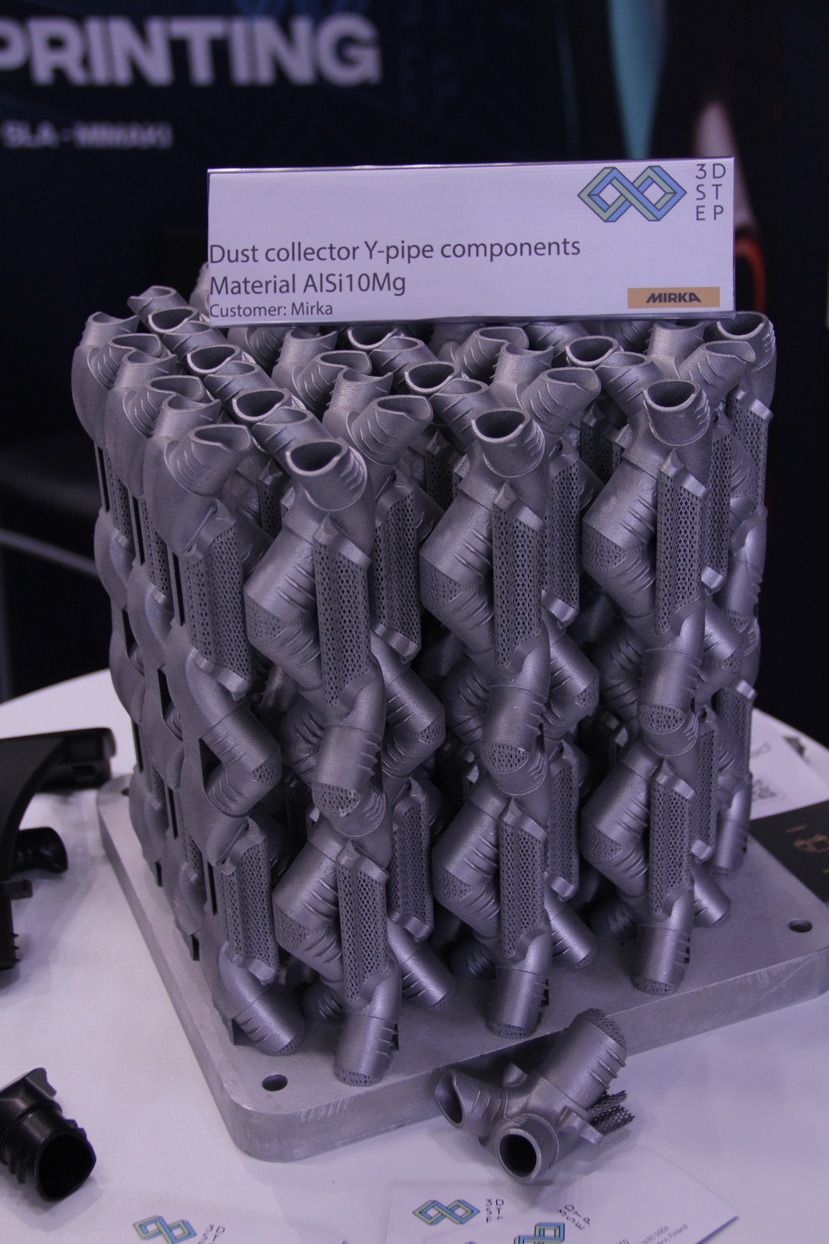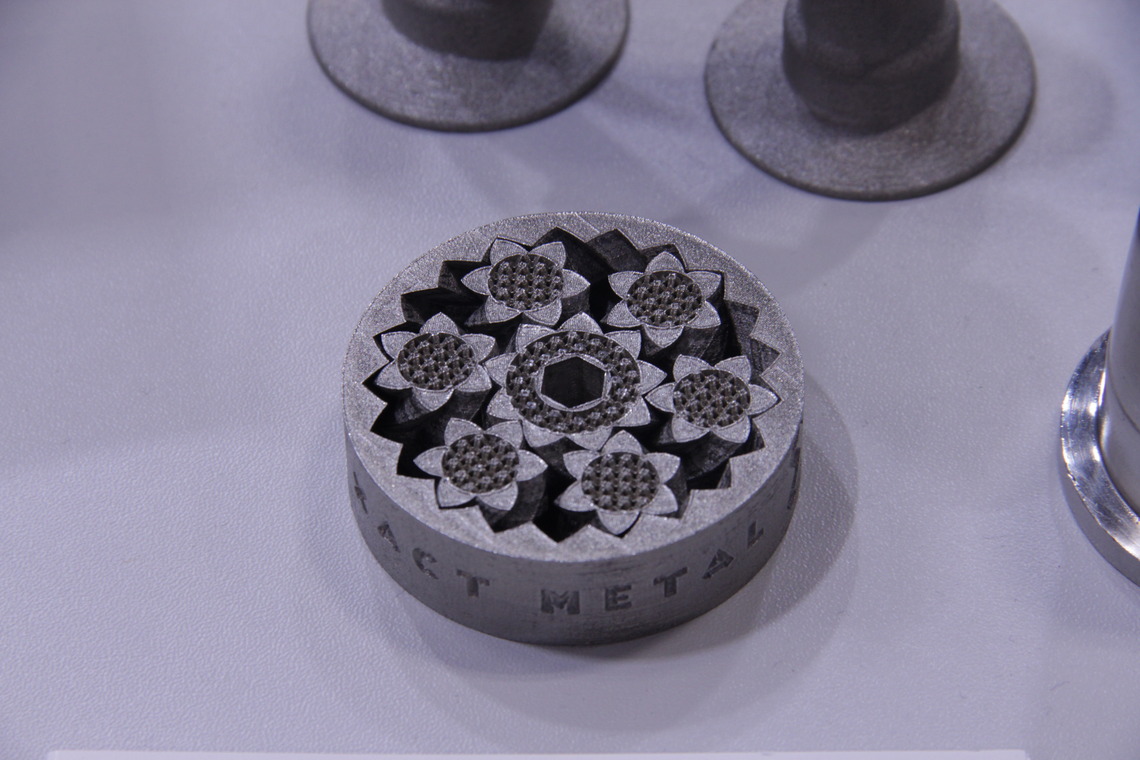I cant locate the course. Peppi is indicating that the cours ecan only be registred in Moodle
- Opettaja
Simbarashe Nhokovedzo
I cant locate the course. Peppi is indicating that the cours ecan only be registred in Moodle
This course is designed for students who intend to use Korean as a working language for professional or research purposes. The aim of this course is to develop the students’ knowledge and skills to use Korean required in their fieldwork, their field of research and/or Korean working environments. It focuses on academic text reading based on the students' field of research. This course also trains students in writing professional e-mails, job applications and resumes. In addition, students will acquire practical skills required for their research such as drafting and conducting interviews, conducting searches in different academic and media databases and assessing materials.
Grading: On a scale of 0-5.
Assignment 40%, essay 40%, attendance and participation 20%.
Zoom meetings 08.09.2023 - 10.11.2023
Lectures Friday 10–12, Private teachings with agreements
After completing the course, students will be able to plan, prepare and deliver presentations related to their molecular medicine research-track studies. They will be able to identify the elements of effective scientific presentations; design media-rich presentations, accounting for the needs of different audiences; use information-literacy skills to cite and reference sources orally and in visuals; design visual aids using assertion evidence techniques and present these visuals effectively; evaluate and give constructive feedback on peer presentations and self-evaluate based on video recordings.


Web-ohjelmointi avoimen yliopiston opiskelijoille 2024 syksy.
Moodle-alue on tarkoitettu toteutuksille:
Tämä toteutus on tarkoitettu tutkinto-opiskelijoille. Avoimen väylän opiskelijoille on oma Moodle-alueensa.
Kurssin suoritettuaan opiskelija osaa: - selittää ja soveltaa web-tekniikoita ja peruskäsitteitä - ohjelmoida yksinkertaisia sovelluksia JavaScriptillä - rakentaa asiakaspuolen käyttöliittymiä ja komponentteja React-teknologialla - kuvata ja soveltaa HTTP-protokollaa ja REST-arkkitehtuuria - luoda palvelinpuolen Node.js-sovelluksia ja käyttää npm-pakettimanageria - käsitellä HTTP-pyyntöjä ja käyttää tietokantoja palvelinpuolella - etsiä ja poistaa ohjelmointivirheitä full stack -sovelluksista
1980s popular music genres and the battle for the ’soul of rock’, 7 times 2 h, total 14 hours, period III and IV, 19.3.-14.5.
This course will take a look at the wide and various styles and discourses of 1980s popular music genres, and from the point of view, how this decade questioned the 1960s-based rock-canon and -history, inspired by the punk- and post-punk revolution. The proliferation and diversification of genres and musical styles (dance: e.g. synth- and electropop, disco, Britsoul, acid house, rap and hiphop; rock: e.g. post-punk, metal, indiepop, industrial, goth), often overlapping and interacting with each other, will be connected to the acts, stars and groups defining the decade.
Popular and cultural historical context (beginning of the neoliberal era, politics and ideologies, media revolution and ’style bibles’, heritage-culture and advertising, birth of MTV and music videos, sampling and new audiovisual technology) will help to understand the philosophy and style of genres, as well as their connections to the 1980s lifestyles and sub- and youth-cultures.
2023 Advanced international law and technology OTMU2437-3004, OTMU2438-3006, OTMU2438-3004 (Master thesis in International law and technology) course page
2023 International Law and Technology OTMU3001-3100 course page
2023 International Law ONOM1007 course page
2023 Legal Aspects of Acting Online course page
Objectives
Upon successful completion of the course, a student will understand the value and opportunities of social and sustainable innovation, align innovation ideas with the UN2030 Sustainable Agenda and the ESG Index, recognize global opportunities offered to start an entrepreneurial journey, experience the process of writing a preliminary business plan, appreciate key competences required for entrepreneurial success, understand the various sources of entrepreneurial finance, excitement and risks, develop your presentation skills, and be able to make a judgment as whether and how can be a successful entrepreneur.

The thesis group for international law subject "Critical International law & technology" including OT00BD20,21,22,23: Research Plan, Literature, Seminars 1 and 2, and the Thesis 60 credits (minor's subject may take IL minor level 3 (10 credits) if pre-requisite courses have been taken and credited)
Specialization course in IL and technology 12 credits (10 credits)
preIB Euroopan historian kurssi 1 (1900-luvun historiaa)/20th European History Course
Objectives:
After having passed the course, the student will be aware of the basic features of current technologies of additive manufacturing (AM, 3D printing) and their role in manufacturing industries, realize the basics of how to utilize the AM in the product design, be able to initially compare different AM processes with conventional manufacturing and select suitable processes for different applications, be familiar with the basic possibilities of additive manufacturing in product development, prototyping and part manufacturing. Students will learn how to follow the typical basic project of development from idea to ready component with AM technologies.

Objectives
After having passed the course, the student will be aware of the basic features of current technologies of additive manufacturing (AM, 3D printing) and their role in manufacturing industries, realize the basics of how to utilize the AM in the product design, be able to initially compare different AM processes with conventional manufacturing and select suitable processes for different applications, be familiar with the basic possibilities of additive manufacturing in product development, prototyping and part manufacturing. Students will learn how to follow the typical basic project of development from idea to ready component with AM technologies.
Objectives
A student who passes this course will be able to discuss emerging sustainable technologies and innovative technological research conducted across four different universities in Turku.
This course examines the conventions of writing academic texts in English. Intermediate level.
Objectives
By the end of the course students have
• developed their skills related to searching for relevant information in the media
• practiced reporting on their findings
• practiced critically responding to material and integrating business communication as part of their subject studies, and
• expanded their business and economics-related vocabulary.
• improved their writing skills in terms of report writing

Objectives
After having passed the course, the student will have advanced knowledge of current technologies of additive manufacturing (AM, 3D printing) and their role in manufacturing industries, know fundamentally product design in AM, be able to comprehensively compare different AM processes with conventional manufacturing and select suitable processes for different applications. Student will also learn fundamental phenomena behind AM technologies, be able to understand simulation and optimization tools used in AM, know AM material properties, understand deeply post processing of AM and also gather deep knowledge of process control of AM. Students are also familiar with cost evaluation, business aspects and market potential of AM. Students will learn how industrial cases are executed and which factor affect them.

Objectives
The aim of the course is to strengthen the students’ understanding of contemporary topics and methods in health economics. We cover several key areas of empirical research in health economics, including private and public provision of health care services, behavioral economics and field experiments in health economics, health-related spillover effects, market competition, patient choice and waiting times. For each topic, students will learn to apply modern economic tools to analyze questions related to efficiency, equity and economic incentives related to the health care sector. Students will also develop skills in formulating research questions and identifying appropriate empirical strategies for answering them. The students will learn to critically evaluate the strengths and limitations of empirical research by reading recent research articles, preparing a presentation and writing a research proposal related to topics in health economics.

Tavoitteet
A student passing the course
- understands and can explain the biochemically most important energy concepts, as well as light-harvesting systems, reaction centers, electron transfer chains, thylakoid protein complexes and carbon fixation structures of oxygenic photosynthesis
Tavoitteet
A student passing the course
- understands and can explain the biochemically most important energy concepts, as well as light-harvesting systems, reaction centers, electron transfer chains, thylakoid protein complexes and carbon fixation structures of oxygenic photosynthesis
This moodle course is for students who wish to do their Masters thesis in Digital Manufacturing and Surface Engineering (DMS) research group at the Department of Mechanical and Materials Engineering.
Surface and coating technologies are used in almost all the industries in various forms to alter the surface properties of the component without altering the properties of the bulk component. This course is designed to make young and motivated students familiar with various state-of-the-art as well as newly emerging surface and coating technologies and their potential applications including but not limited to power generation, bio-medical, transportation, renewable energy, nuclear etc. After completing this course, the students shall:
1. Have acquired a breadth of information regarding various traditional, state-of-the-art as well as newly emerging surface and coating technologies along with their potential applications;
2. Be able to meticulously categorize and understand the failure behavior of industrial components due to various surface degradation forms such as wear, erosion, corrosion, bio-degradation etc.
This course will cover the following aspects:
1. Surface engineering by applying coatings: thin and thick coatings etc.
2. Surface engineering by mechanical means: machining, grinding, burnishing, grit blasting, shot peening, rolling etc.
3. Surface engineering by thermal means: for example, by laser etc.
4. Surface degradation: Wear, corrosion, erosion, thermal fatigue, thermal shock etc.
This course introduces students to a wide range of surface and coating technologies used across industries to enhance surface properties without affecting the bulk material. It covers traditional, advanced, and emerging methods, mechanical, thermal, and coating-based, along with their applications in sectors like power, biomedical, transportation, and energy. Students will gain insight into surface degradation mechanisms such as wear, corrosion, and erosion, and learn to analyze failure behaviors in industrial components, preparing them to apply surface engineering techniques effectively in real-world scenarios.